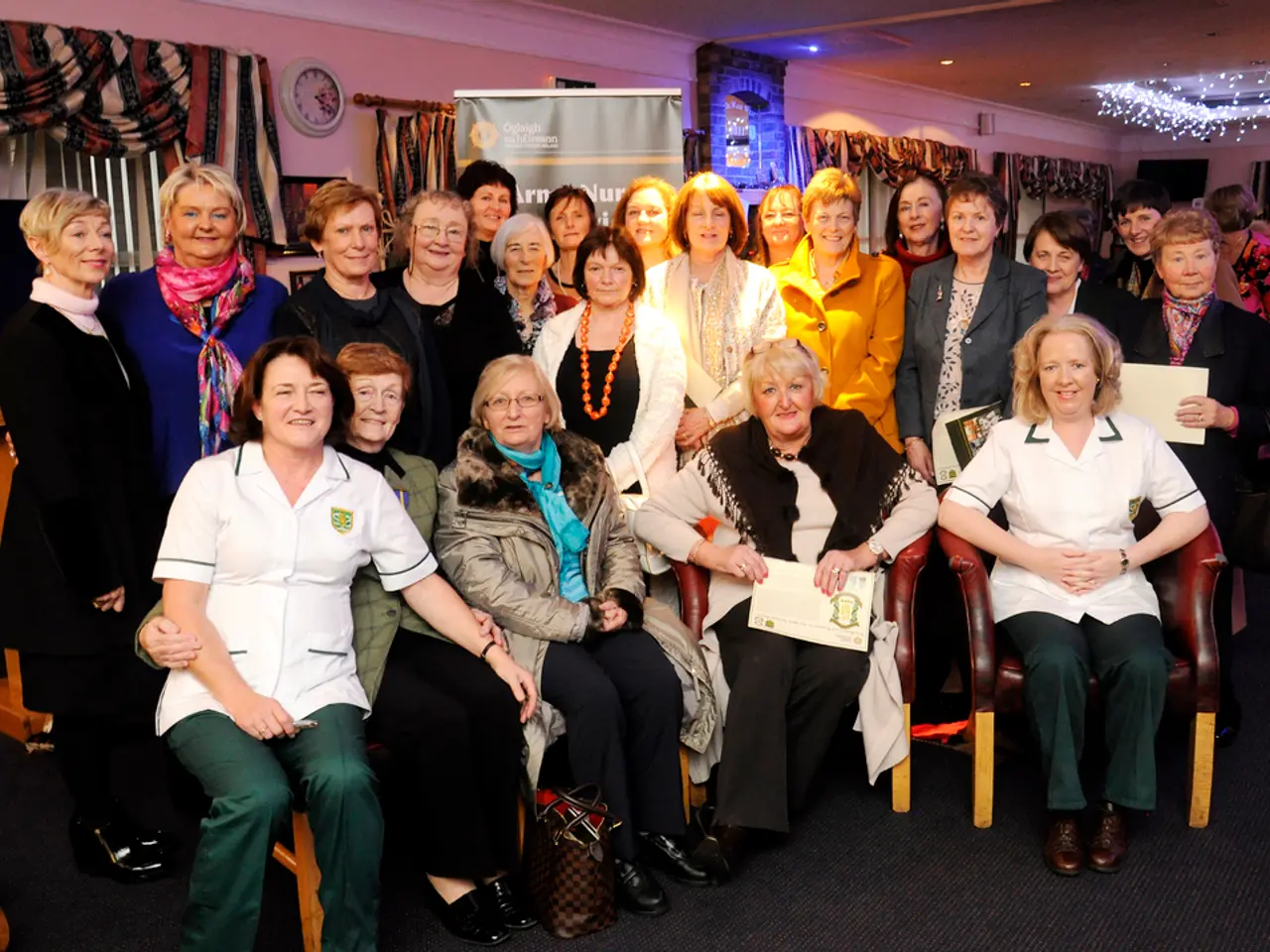Presidential aspirants in Malawi choose female partners as their vice-presidential candidates
Malawi Elections 2025: A Stepping Stone Towards Gender Equality in Politics?
Malawi, a southern African nation, is preparing for its general elections on September 16, 2025. One of the most notable developments in this election is the presence of female presidential candidates. Joyce Banda, a 74-year-old educator and women's rights activist, is the only female candidate running for presidency.
Banda, who was the first woman to become president in Malawi back in 2012, is running for the People's Party in these elections. Her candidacy is significant, not only as a historical milestone but also as a symbol of progress towards gender equality in Malawian politics.
However, the number of female candidates remains limited. Out of the 20 presidential candidates, only one is a woman, representing 5% of the total. This situation has led to criticism from activists who view it as a form of tokenism. They argue for more substantial measures such as quotas and funding to enable women's equal political participation beyond being supporters of male candidates.
Women make up 57.1% of the registered voters in Malawi, according to the Malawi Electoral Commission. Yet, their representation among top political leadership remains low. Civil organizations in Malawi, including the 50-50 Campaign, have been pushing for increased female representation in political leadership.
The decision by several parties to field female running mates is being seen as a potential shift towards gender inclusion in Malawian politics. However, these women running mates mostly come from smaller parties with limited chances of winning outright. Sainala Kalebe, a lecturer at the Catholic University of Malawi, has noted that these women are in a subordinate position, and their parties are smaller, potentially relying on post-election coalitions to succeed.
Malawi is not alone in its pursuit of gender equality in politics. Rwanda leads with 61% of female representation in Parliament, followed by Namibia at 50%, Senegal at 46%, and Malawi at around 20%. Malawi's neighbours, Zambia and Zimbabwe, have also made strides, with Zambia having 34% female representation and Zimbabwe 36%.
Despite the slow progress, there is a growing awareness and institutional attention to these issues. International and local efforts, including from organizations like WHO Malawi, are working to strengthen gender equality and safeguard vulnerable populations.
Among the key issues Malawians want the government to tackle, according to an August 2025 study published by Afrobarometer, is food shortages. Other issues making the list include the cost of living, farming, health, economic concerns, and corruption.
The election of Esther Sagawa as the city's second female mayor in 2024 and Juliana Kaduya as the first female mayor of Lilongwe City in 2019 are signs of progress. Catherine Gotani Hara, who became Malawi's first female Speaker of the National Assembly in 2019, is also recognized for her leadership and advocacy for gender inclusion.
In summary, Malawi is experiencing a gradual shift towards greater female political participation, especially through female running mates in elections. However, women’s full leadership representation remains far from achieved. Ongoing advocacy and structural reforms are needed to ensure gender equality in political power.
The upcoming Malawian elections in 2025, while featuring female presidential candidates like Joyce Banda, reveal a limited number of women in political leadership, with only one out of 20 presidential candidates being a woman. This disparity has sparked criticism, with activists advocating for measures such as quotas and funding to promote equal participation.
Malawi's neighbors, such as Rwanda, Namibia, Senegal, Zambia, and Zimbabwe, have made considerable strides in female representation in politics compared to Malawi. For instance, Rwanda stands out with 61% of female representation in Parliament.
Despite these challenges, signals of progress can be seen in Malawi. The election of Esther Sagawa as the city's second female mayor in 2024 and Juliana Kaduya as the first female mayor of Lilongwe City in 2019 represent steps forward. Nevertheless, the full achievement of gender equality in political power remains elusive, requiring ongoing advocacy and structural reforms.






